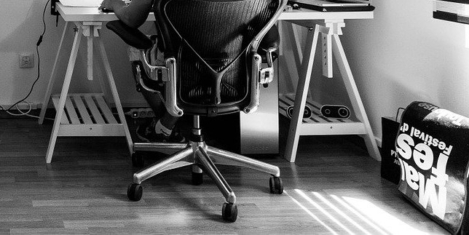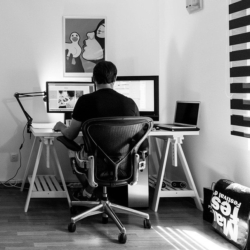To provide the best experiences, we use technologies like cookies to store and/or access device information. Consenting to these technologies will allow us to process data such as browsing behaviour or unique IDs on this site. Not consenting or withdrawing consent, may adversely affect certain features and functions.
The technical storage or access is strictly necessary for the legitimate purpose of enabling the use of a specific service explicitly requested by the subscriber or user, or for the sole purpose of carrying out the transmission of a communication over an electronic communications network.
The technical storage or access is necessary for the legitimate purpose of storing preferences that are not requested by the subscriber or user.
The technical storage or access that is used exclusively for statistical purposes.
The technical storage or access that is used exclusively for anonymous statistical purposes. Without a subpoena, voluntary compliance on the part of your Internet Service Provider, or additional records from a third party, information stored or retrieved for this purpose alone cannot usually be used to identify you.
The technical storage or access is required to create user profiles to send advertising, or to track the user on a website or across several websites for similar marketing purposes.
 In a new survey of 4,000 employees in the UK, the US, Singapore and the UAE, three quarters of office workers say restricting screen time would benefit their mental and physical wellbeing. The survey has been published in a new report, The digital health dilemma: Is technology keeping workers healthy or making them ill? from benefits provider, Aetna International, in a bid to uncover how modern workplace technology and digital tools have impacted employee wellbeing. (more…)
In a new survey of 4,000 employees in the UK, the US, Singapore and the UAE, three quarters of office workers say restricting screen time would benefit their mental and physical wellbeing. The survey has been published in a new report, The digital health dilemma: Is technology keeping workers healthy or making them ill? from benefits provider, Aetna International, in a bid to uncover how modern workplace technology and digital tools have impacted employee wellbeing. (more…)


































July 30, 2020
The golden age of procrastination and the tyranny of time keeping 0
by Mark Eltringham • Comment, Features, Wellbeing, Workplace